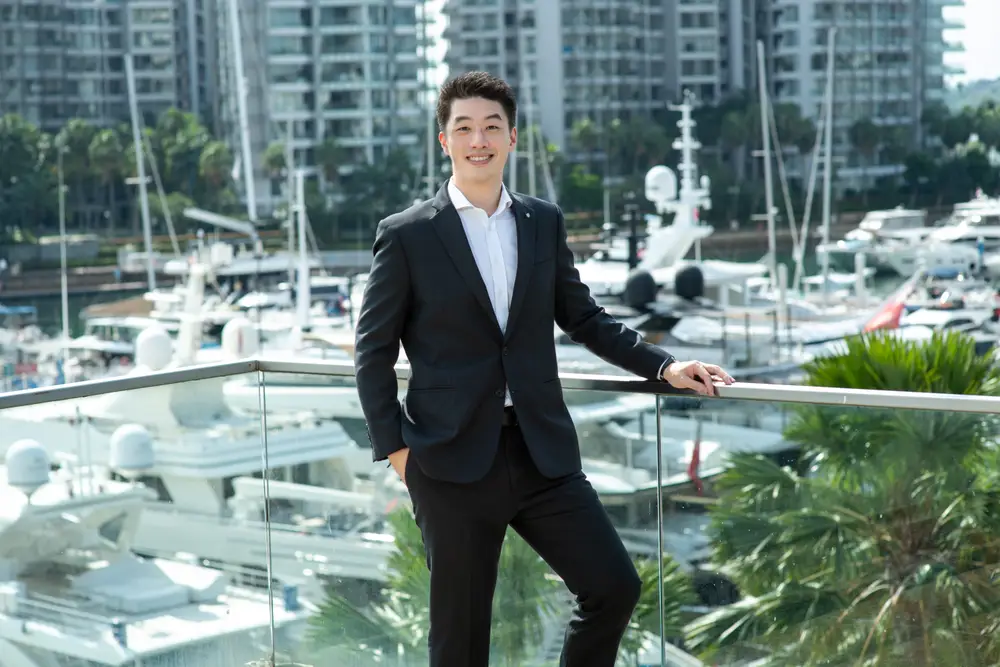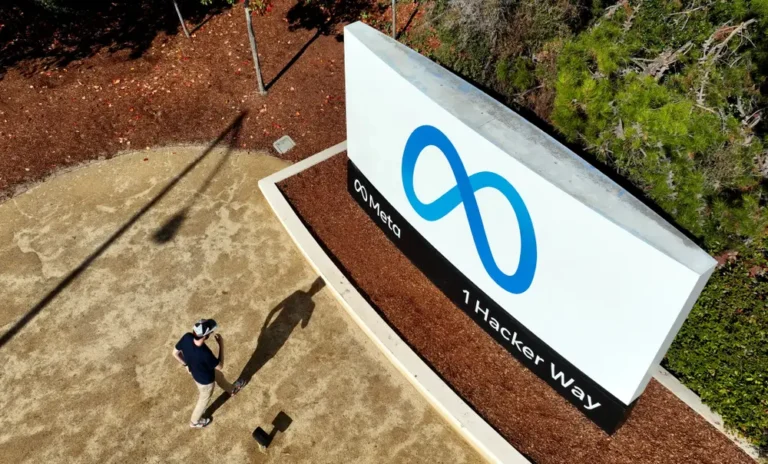I manage a private yacht marina in Singapore. Here are 3 ways I build trust with wealthy clients.

Jonathan Sit prioritizes face-to-face communication and transparency to manage ONE15 Marina Singapore.
I grew up in Hong Kong, where I interned at hotels like the Four Seasons and at a three Michelin Star restaurant called Caprice. Since then, my entire career has been based around relatively high-net-worth individuals, and I get to see the ins and outs of that market.
After graduating from Cornell’s hospitality program, I moved to Singapore. I joined ONE15 Marina at Sentosa Cove Singapore in 2014 as a management associate for two years before becoming regional general manager.
My role now involves managing the marina, an events management company, a charter company, and a few external projects. My day is always packed, but that’s what makes it exciting.
Some of the boats docked in our marinas are worth $20 million to $30 million each, and it would take a multiplier to your net worth to own a boat like that, so our clients can be very wealthy individuals.
It’s a strangely humbling experience because people walk around wearing T-shirts and shorts when I just read about them on CNBC, and here they are, having coffee with me.
1.Avoid emails whenever you can
When I first started, there were times when difficult conversations came up, such as an email from a disgruntled member about certain things that we could agree to disagree on.
In the past, I would have replied by addressing everything point by point, but I’ve learned quickly that it’s ineffective. You’re starting an argument, and members don’t want to argue. They want things to be resolved.
Although I may shy away from it, it’s better just to pick up the phone and give them a call and say: “Hey, can I have a chat with you? Best if we can meet in person,” because a lot of times in emails, the tone of what you’ve written is subject to interpretation.
Memorably, I’ve had hostile clients who threatened to sue us, but after talking things through with them, they became very friendly and loyal customers because they knew that we were taking them seriously.
It’s very old school, but having that face-to-face negotiation and finding common ground to land where everyone’s happy can change the dynamics of the conversation very quickly.
2. Your word is worth your weight in gold
Sentosa Cove is very residential, with around 2,000 to 3,000 households, many of whom are our members, and some even live on their yachts.
They’re not shy about sharing feedback, and sometimes, they ask me to go out to lunch so they can tell me a bit more about their current work or their businesses.
For example, a member recently asked us to set up tennis groups because he didn’t know anyone. Afterward, he was so thankful that he invited us to dinner. We discussed renovating our restaurants and the costs of building pickleball courts.
Talking about pricing is a great way to interact with clients and understand their perspectives on where their money is going. What I think in isolation might differ from their needs.
Our members just want fair value for what they pay for. They might be able to afford services that cost $100,000, but they are ultimately looking for good value.
But I also have to be careful when making promises because I’ll have to ensure they are fulfilled. Your words are worth your weight in gold. Once you lose their trust, it’s hard to regain it.
3. Don’t put wealthy people on a pedestal
It sounds cliché, but the marina industry is a people business, and members want to be treated like humans.
If there’s an issue, don’t just pull out the contract and throw the bylaws at them. Sometimes, it’s better to talk to people like humans and treat them respectfully.
Some days might feel frustrating when someone is stubborn or unreasonable, but I don’t take it to heart. On other days, it’s fulfilling when clients recognize my or my team’s work.
For example, when we run sustainability efforts, like cleaning beaches or our coral nursery, people come up to us and say, “Wow, you’re so far ahead of the competition.” It’s those moments of recognition that make it all worthwhile.
Learning a bit about yachting also helps me relate to the members better. I try to keep up with current affairs as much as possible. Many members are businesspeople, and discussing the latest events, such as the upcoming US elections, is a quick way to connect with them.
Engaging with them on a human level and not putting them on a pedestal builds respect. Sometimes, if you can banter with them, they appreciate it and treat you like a friend.
Many times, they’ve come to me and said that they want to help out, be it with funding or manpower, which was not something that we were expecting.
Our members are very humble and honest in my experience, and we’ve been lucky to work with them. They’re not asking for special treatment. They just want good, honest service.






